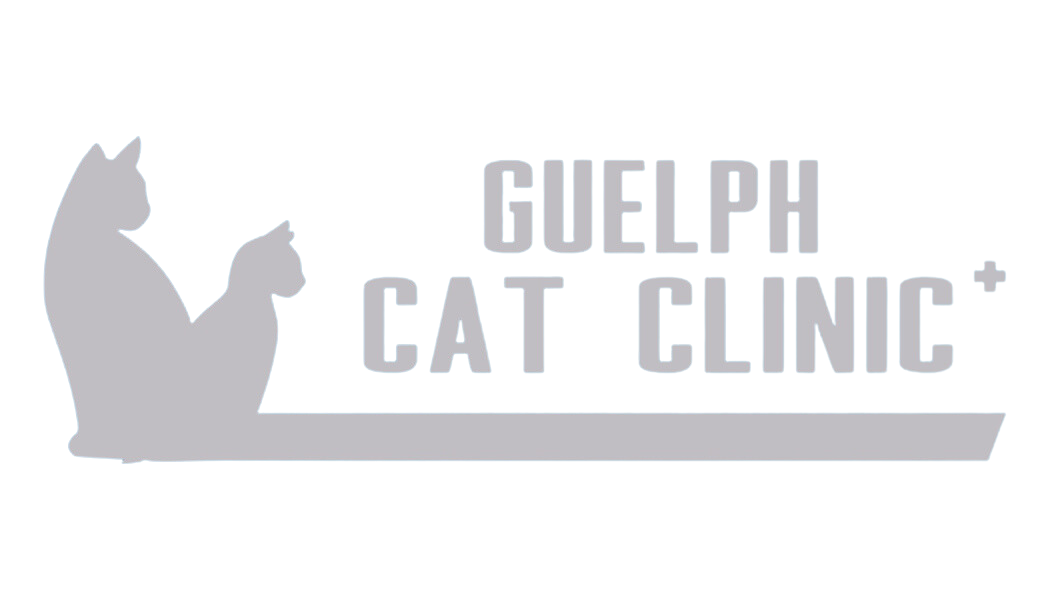Library
-
Corneal lipidosis is an accumulation of fatty substances within the cornea. This is caused by genetics (corneal dystrophy), eye inflammation (corneal degeneration), or by an increase in circulating lipids in the body (hyperlipidemia). Visually, lipidosis appears as a sparkly or shiny area of the cornea. It is diagnosed by a thorough eye exam, bloodwork, and patient history. Treatment and prognosis will depend on the cause and may include treatment of underlying inflammatory conditions of the eye, or systemic treatment of elevated lipid blood levels.
-
Ulcerative keratitis is inflammation in the cornea of the eye. The signs of ulcerative keratitis depend somewhat on the cause and how long the condition has been present. There are many potential causes of ulcerative keratitis, including trauma, infection, and abnormal tear production. Antibiotic ointment or drops will be prescribed and it is important to prevent additional trauma to the cornea. Superficial corneal ulcers typically heal within 5 to 7 days. Deeper or more complicated ulcers may take several weeks to heal and may require surgery in addition to medical treatment.
-
This handout outlines corneal ulcers in cats, a painful eye condition often resulting from trauma. Other causes, clinical signs, diagnostic testing, and treatment options are also explained.
-
Cornifying epitheliomas are benign skin tumors that are secondary to keratin buildup. They can develop anywhere but may be most troubling if they affect the skin around the nail, causing swelling, discomfort, and lameness. Surgical removal is curative in most cases.
-
COVID-19 is a disease caused by the coronavirus SARS-CoV-2. Current evidence suggests that person-to-person spread is the main source of infection. While there is evidence of transmission from humans to dogs and cats, it does not appear common. If you suspect that you are ill with COVID-19, you should take the same precautions with your pet as you would with people.
-
A cough is an expiratory effort producing a sudden, noisy expulsion of air from the lungs. In cats, coughing is most often a sign of an inflammatory problem, affecting the lower respiratory tract, especially some form of bronchitis, often due to an infection. Heartworm infection, allergies, presence of foreign material within the airway, or irritation from inhaled liquids or gases can all be responsible for coughing and respiratory problems in cats. In order to diagnosis the cause, blood tests, laboratory cultures, endoscopic examination, and radiography may be performed. Treatment depends on the diagnosis and your cat's medical condition.
-
Critical care patients in the hospital are at risk of becoming malnourished, and poor food intake can delay healing and recovery. When hospitalized patients don’t get adequate calories and nutrients, their cellular metabolic activities are disrupted. They can develop problems with medications - either with inadequate drug activity, or creating a relative overdose if drug elimination is slowed. Critically ill cats that are not eating well on their own can directly benefit from the nutrition support provided by a feeding tube.
-
This handout outlines cruciate ligament rupture, an orthopedic condition, in cats. The common causes, clinical signs, diagnosis, and treatments are described.
-
Crystalluria refers to the presence of crystals in the urine. These crystals are made up of minerals and other substances that would normally be dissolved in the urine. Crystalluria is diagnosed via urinalysis.
-
Hospitals providing curbside care have restructured their practice to avoid the need for clients to enter the lobby and exam rooms. This measure was designed to promote physical (social) distancing during the COVID-19 pandemic; however, it may be used in other situations. This handout discusses the benefits and best practices of curbside care.



